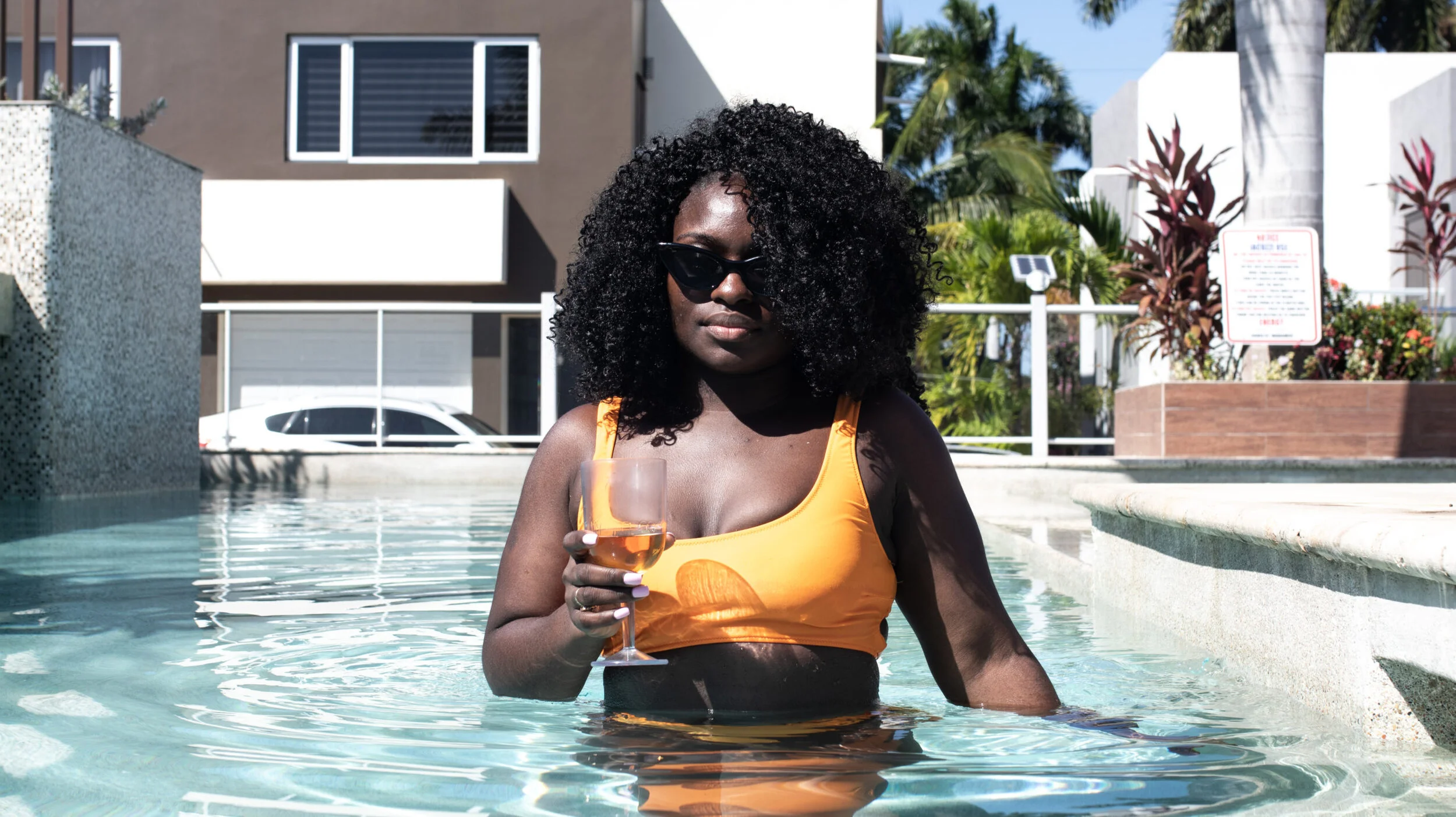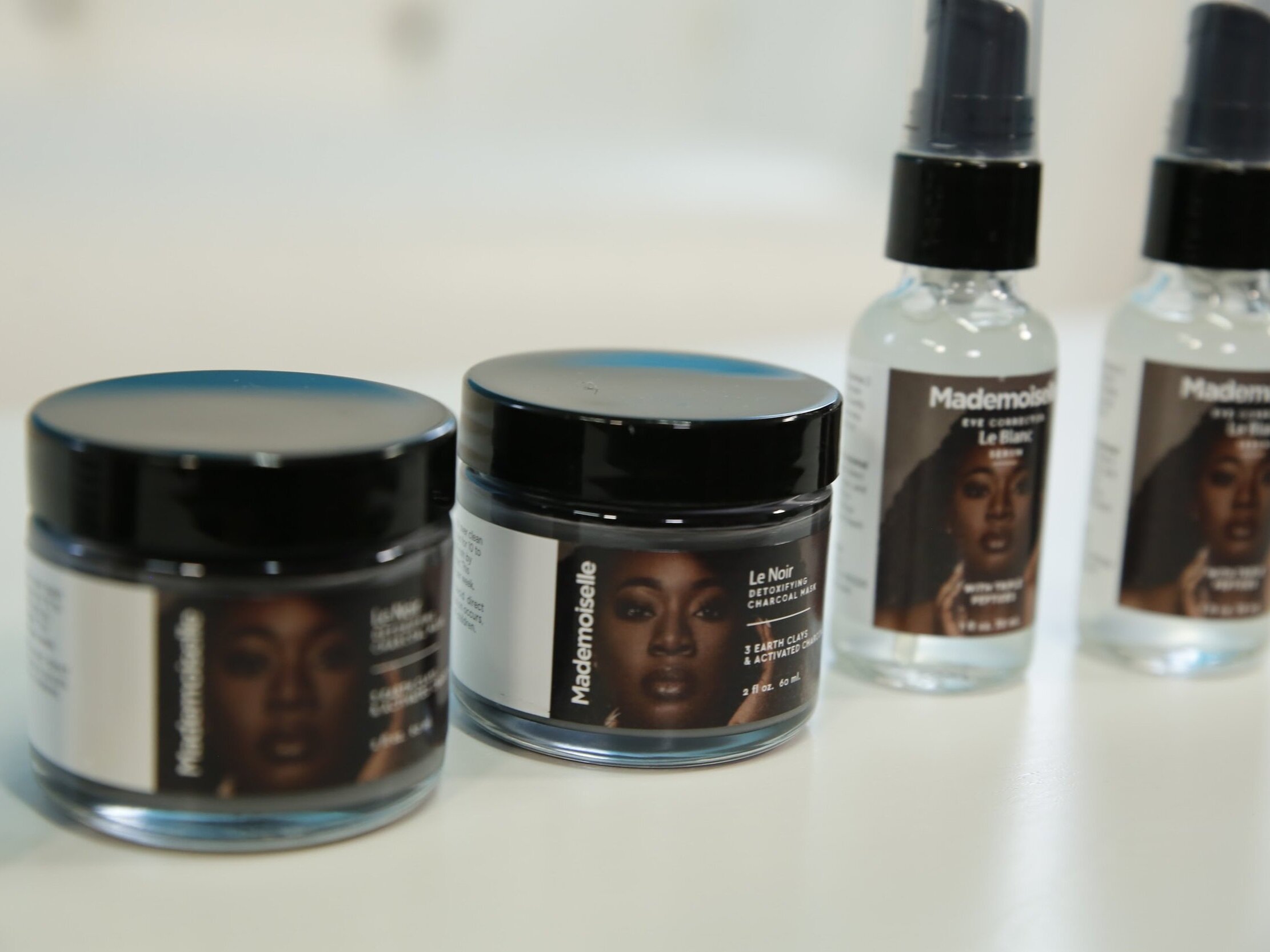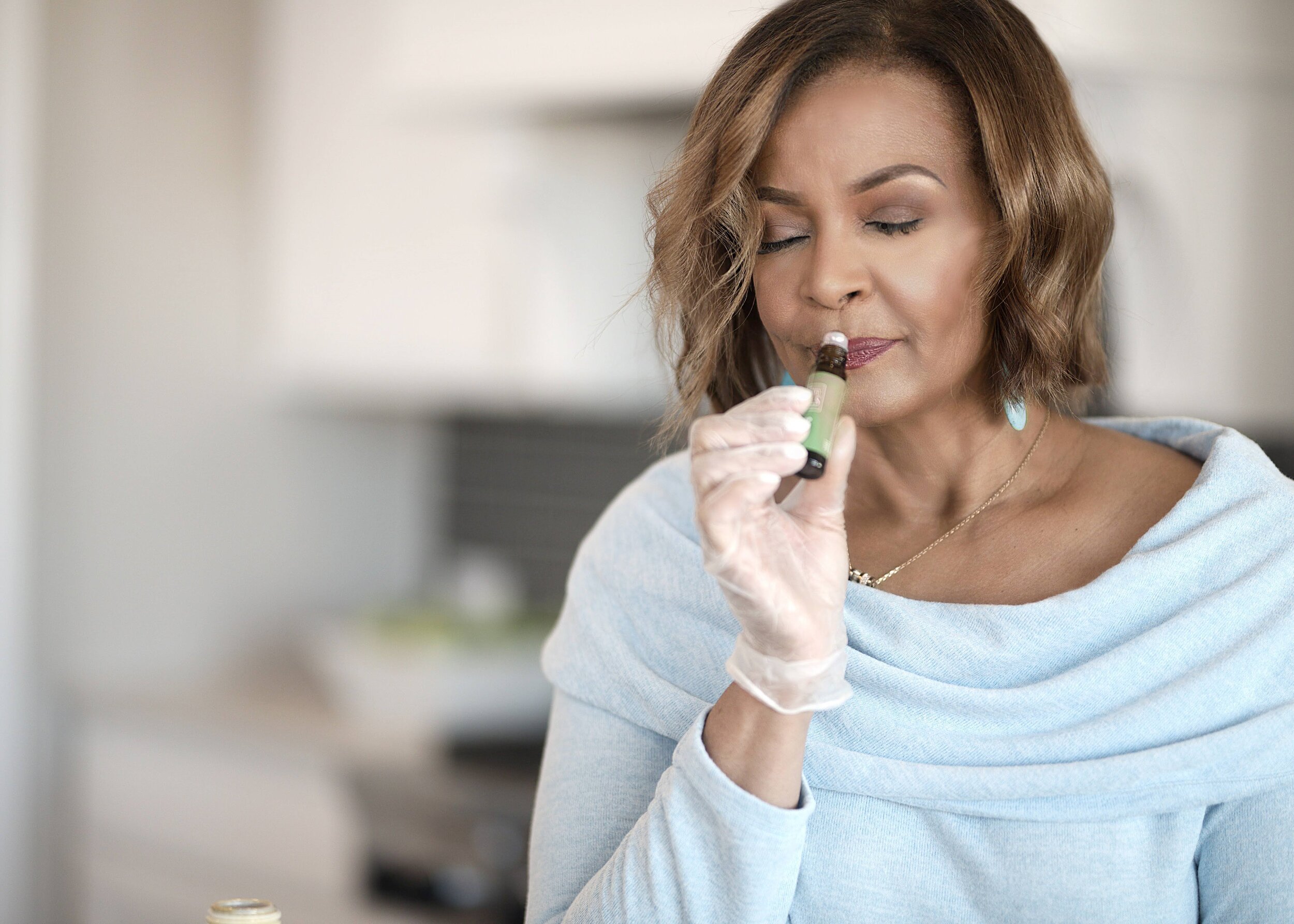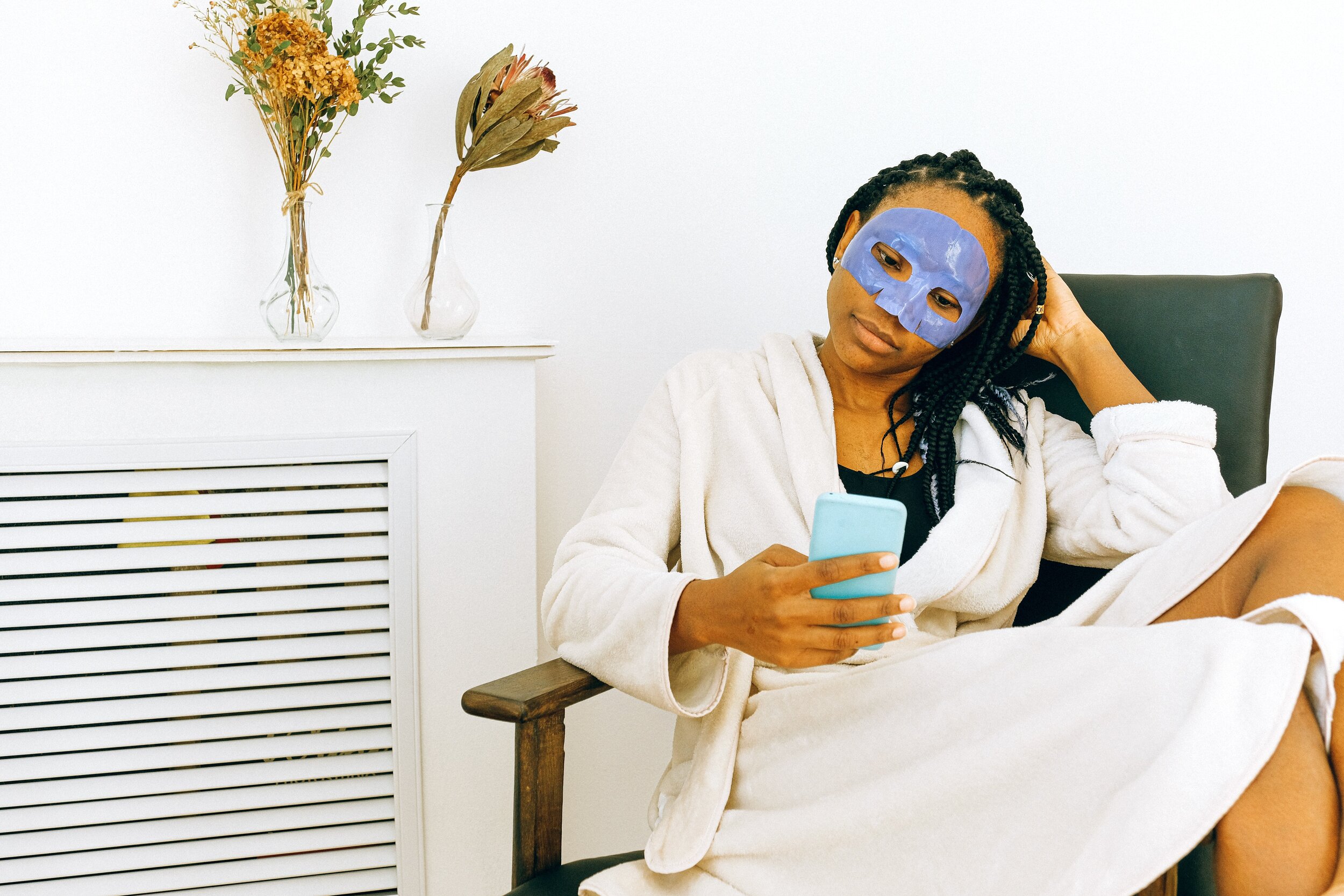Did You Forget Your Sunscreen This Morning?
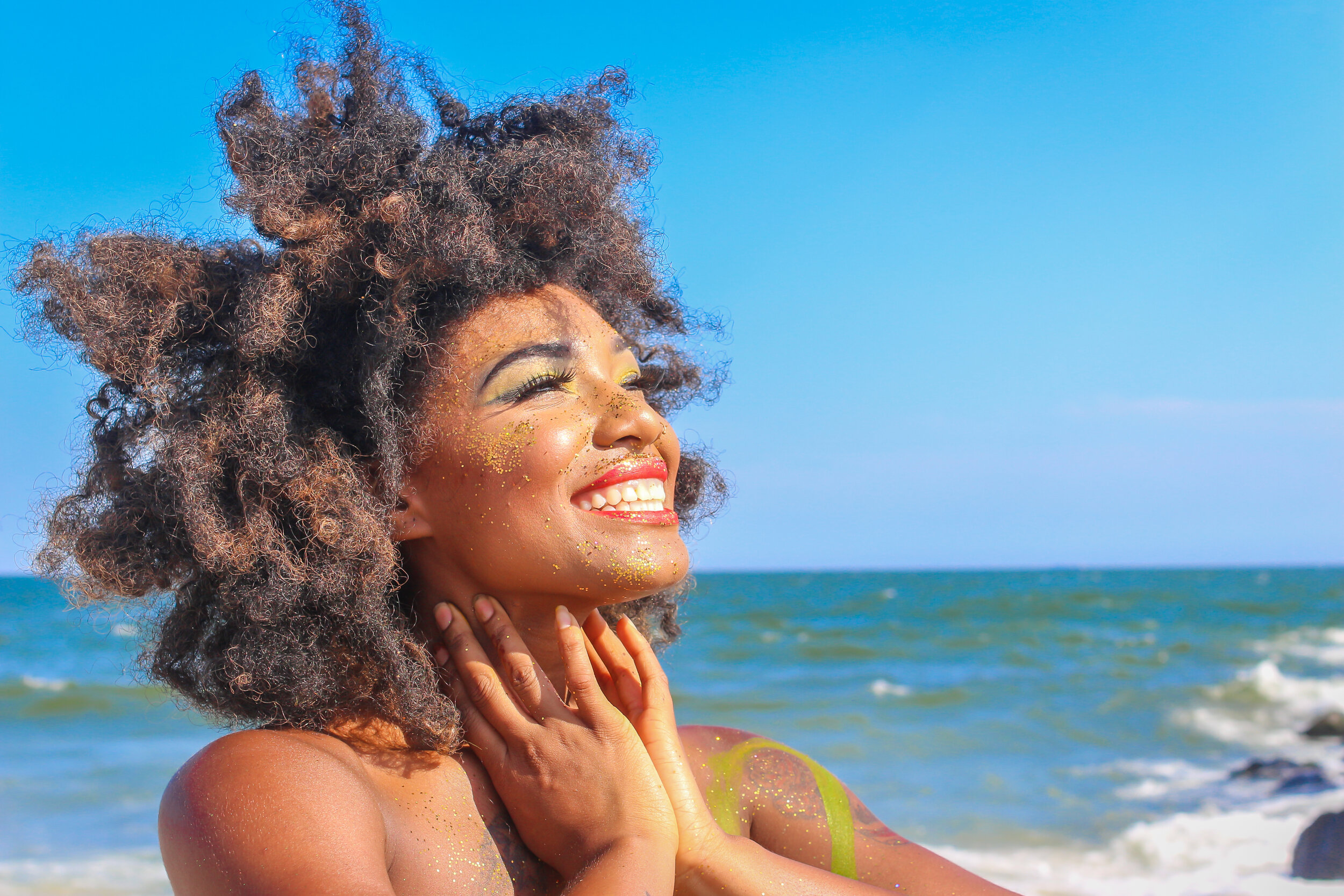
Now that summer is officially here, and some days feel like we’re standing on the sun, it’s a good time for a reminder about another summer essential. We need to apply sunscreen every day. EVERY. SINGLE. DAY.
The American Journal of Preventive Medicine conducted a study that found that more than 60% of Black people in the study did not use sunscreen. Our melanin is beautiful, some may even say magical, but it’s not the shield against the sun’s harmful UV rays that some of us believe it is!
Reapply sunscreen when outside for a long period of time.
The more melanin we have, the less likely we may be to face immediate skin damage such as sunburns, but, according to the American Cancer Society, melanin only blocks UV rays to a certain extent. The risk of skin cancer from UV exposure can increase even if your skin doesn’t show signs of sunburn. With the disparity Black people face in rates of death related to cancer, we can’t take well-known preventative measures for granted. One of the easiest ways to reduce risks of skin cancer from exposure to UV rays is to apply sunscreen. You should be applying it every morning anyway as part of your daily skincare routine, but we can get into that another time.
When you’re shopping for sunscreen you may wonder why there are so many different SPF numbers — 15, 30, 40, 50, 70, even 100+. SPF stands for Sun Protection Factor, and it reflects the level of protection a particular sunscreen provides from UV rays. The higher the SPF the greater the protection, with some variation based on skin tone, time in the sun, and other factors. So does this mean if you are melanin-rich you can opt for a SPF below 15, or that everyone should be using 100+ for the most protection? No and no.
The American Cancer Society advises using SPF 30 or higher. SPF below 15 does not reduce the risk for skin cancer, and even SPF at 100 and above won’t fully protect you from skin cancer. At the same time, the difference in protection between SPF 30 and SPF 100 is negligible. SPF 30 filters out about 97% of UV rays, while SPF 50 filters 98% and SPF 100 filters 99%.
If you’re thinking about opting for SPF 100+, keep in mind the information shared by the Environment Working Group, a nonprofit that puts out a Guide to Sunscreens each year to educate the public on both the efficacy and hazards of sunscreen. They advise that exposure to the higher concentration of chemicals necessary for the negligible increase in protection in SPFs above SPF 30 is not justifiable, because these chemicals potentially pose health risks related to tissue damage, hormone disruption, and allergic skin reactions.
So now that we know we need to wear sunscreen, and the optimal SPF is SPF 30, here are three SPF 30 sunscreens you should consider incorporating into your daily morning routine. Bonus, they’re from Black women-owned brands!
Remember sunscreen and social distancing when poolside.
1. BLACK GIRL SUNSCREEN. Fear of the dreaded white residue left by many mainstream sunscreen brands is no longer an excuse! Black Girl Sunscreen was formulated to exclusively cater to the needs of women rich in melanin. They also removed chemicals like parabens, oxybenzone, and octinoxate from their formula. They even have sunscreen for the kiddos.
2. UNSUN COSMETICS. Another sunscreen with all the protection, but none of the typical chemicals and white residue! This is a mineral tinted sunscreen. So it also works well as a color corrector. Their Medium/Dark shade is a 2019 Allure Best of Beauty Award Winner.
3. BOLDEN. Bolden has a full skincare line, including a cleanser, a serum, masks, and more. Their Brightening Moisturizer is an SPF 30 broad-spectrum sunscreen, in addition to being a nourishing and hydrating daily moisturizer.
Including sunscreen in your daily routine is one simple way to reduce the risk of skin cancer. Don’t start your day without it.
Emeka Anyanwu is an attorney and entrepreneur. She is the Founder of Aˈme-kə, an online retail space for makeup, beauty, and grooming brands founded by Black entrepreneurs. She is the 2019 recipient of the National Black MBA Association – DFW Chapter’s Empowering Visionaries Entrepreneur of the Year Award. Emeka is a graduate of Stanford University, and she also received her J.D. from The University of Texas School of Law and her M.B.A. and M.S. in Healthcare Leadership and Management from The University of Texas at Dallas.


